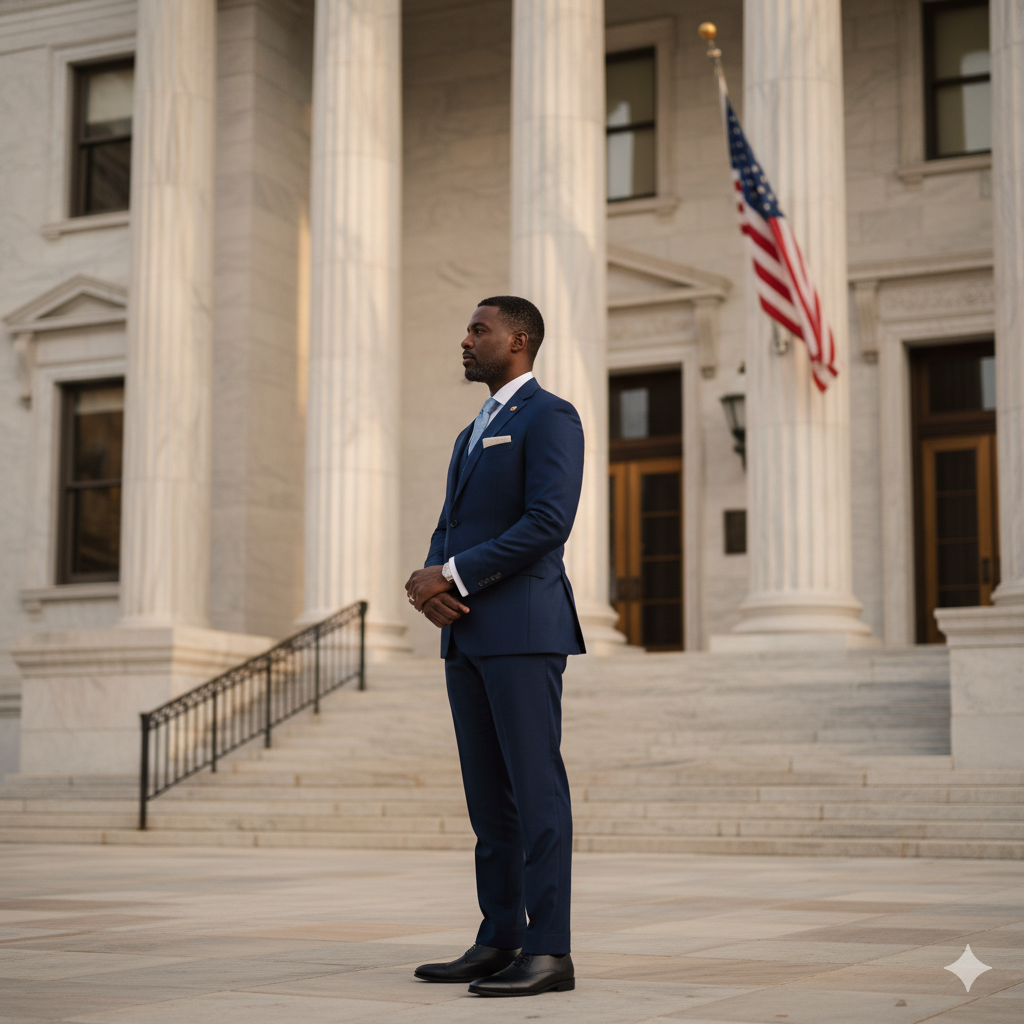
The Gentleman and the Law: Why Obeying the Constitution Is the First Civic Duty
Before a man can lead, he must first understand the order he lives under.
In a constitutional republic, the law is not a tool of force. It is the architecture of freedom. It demands restraint, respect, and responsibility. For the modern gentleman, it is not enough to follow the law only when it suits him. He must internalize its weight and uphold it as part of his personal code.
The first civic duty of every citizen in the United States is to obey the law. But for a gentleman, it is more than a duty. It is a discipline.
The Supremacy Clause: Order Above Impulse
The United States Constitution makes it clear:
“This Constitution, and the Laws of the United States … shall be the supreme Law of the Land.”
U.S. Const. art. VI, cl. 2.
This clause establishes a national legal order. It is not based on mob rule, personal preference, or political fashion. It is rooted in shared principle. The supremacy of law is what separates a republic from tyranny and civilization from collapse.
To live under this law is not a sign of weakness. It is a sign of maturity. The undisciplined demand freedom without responsibility. The gentleman understands that structure is what makes freedom possible.
Obedience as an Act of Leadership
Obeying the law is not passive. It is active restraint. It is the decision to be governed by principle rather than impulse. In obeying the law, the gentleman models stability for his family, his peers, and his community.
There is honor in control. There is wisdom in knowing when to step back rather than step forward. Leadership begins not in moments of triumph, but in the daily disciplines of order and restraint.
This is why obedience is not just compliance. It is character.
The Gentleman’s Law: Internalizing the Standard
The world does not need more men who perform rebellion for the sake of image. It needs men who practice restraint when no one is watching.
Obeying the law is not about submission to power. It is about allegiance to principle. It is why a gentleman does not cut corners, cheat the tax code, or celebrate lawlessness in the name of freedom. His loyalty is not to convenience. It is to clarity and consistency.
When a man lives with this kind of internal standard, his life becomes trustworthy. He does not need to advertise his integrity. He proves it in how he lives.
The First Room in a Civic House
This is the beginning of a larger series on civic duty. These topics are rarely discussed in refined company, but they are essential to the formation of a complete gentleman.
At From the Reserve, we believe that the modern gentleman must be more than well dressed. He must be well formed. Understanding your civic duties is not optional. It is the framework for living as a man of honor in a free republic.
Today, we begin with the first: obeying the law.
In the coming essays, we will explore the rest. You will read about paying taxes, jury service, national defense, informed voting, peaceful petition, and the sacred responsibility to guard liberty against tyranny.
But it all begins here. The quiet, consistent decision to live under law with dignity and discipline.
A gentleman does not obey out of fear. He obeys because he understands that freedom without order is no freedom at all.
This is not submission. This is mastery.
— The Founder’s Desk
